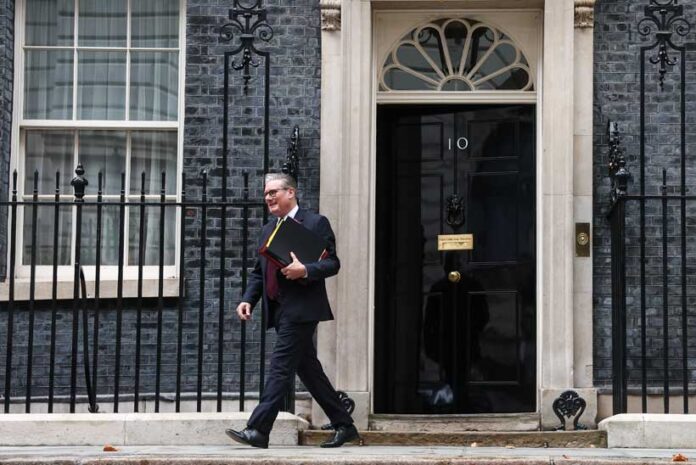The UK government is considering stricter criteria for permanent residency, reflecting growing political pressure to curb immigration while balancing economic needs.
Interior Minister Shabana Mahmood is set to announce at the Labour Party conference that permanent settlement may no longer be automatic after five years of residency. Instead, migrants could be required to prove their value to society by paying social security contributions, demonstrating strong English proficiency, maintaining a clean criminal record, and even showing evidence of community service.
The move comes as Prime Minister Keir Starmer’s Labour government faces mounting pressure from Reform UK, a populist party making immigration its central platform. Reform’s recent surge in opinion polls has forced Labour to toughen its stance, even though the party traditionally takes a more liberal view of migration.
Why This Matters Now
Immigration remains one of the most divisive issues in British politics. The Brexit referendum in 2016 was largely driven by demands to “take back control” of borders, yet net arrivals have hit record highs since leaving the EU. By floating new restrictions on permanent residency, Labour hopes to blunt Reform UK’s influence while showing voters it is serious about addressing concerns over integration and social cohesion.
Labour Government, Starmer’s administration is walking a fine line: signaling firmness on immigration to undercut Reform UK while avoiding policies that could alienate progressive supporters or harm sectors dependent on foreign labor. Mahmood’s speech reflects this balancing act.
Reform UK Party, Led by Nigel Farage, the party has capitalized on discontent over immigration. Its proposal to replace permanent residency with a renewable work visa has gained traction among voters frustrated with the system. Labour’s new stance is a direct response to this growing challenge.
Migrant Communities, For the nearly one million people on a path to indefinite leave to remain, the proposed changes could introduce new hurdles. Many rely on permanent residency for job security, family stability, and access to public services. The reforms would raise anxiety about long-term belonging.
British Employers, Industries such as healthcare, hospitality, and construction, which rely heavily on migrant labor, worry that tougher settlement rules may deter skilled workers from choosing the UK. This could exacerbate existing labor shortages.
British Public, Ordinary citizens remain deeply divided. While some see permanent residency as too easily granted, others recognize migrants’ contributions to the economy and society. Public opinion will shape how far Labour can push reforms.
What the Future Could Hold
If Labour proceeds, the UK could see one of the toughest residency regimes in Western Europe, where long-term settlement is linked not only to time spent but also to social and cultural integration. This could help Labour reclaim ground from Reform UK in the short term. However, the policy risks deepening divisions with migrant communities and leaving employers scrambling for staff. A backlash from Labour’s progressive wing is also possible. The government’s next steps particularly the promised consultation later this year will show whether this is a symbolic gesture or the start of a structural overhaul in immigration policy.
With information from Reuters.


